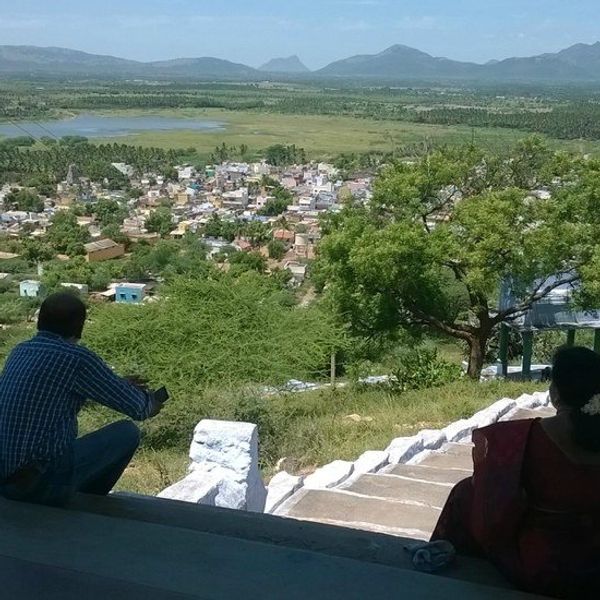Medical mission trips are a great way to serve others and to gain experience in providing some extent of healthcare. You get to learn from a different culture, practice a different language, and serve a diverse population.
I personally went on a service trip in Costa Rica with International Service Learning and loved it. I learned how to take a patient and family medical history, how to suture, and how to conduct a physical examination. I learned some medical Spanish, and was able to practice it every day. I aided travelers during the annual pilgrimage to Cartago, I ate gallo pinto, went zip lining, and learned how to salsa dance. I think the most important thing I learned, though, was how to listen to patients. I knew that because I could not have a full conversation in Spanish, and had to speak through an interpreter to a person from a different culture and society. I had to make sure that I was listening to what they were saying and do my best to understand where they were coming from. I think the biggest goal I wanted to accomplish while on the trip was to show the patient that I respected them and that I was not just some American seeking to practice on them.
That being said, while providing care for communities that cannot afford care is a kind gesture, sometimes others may travel to areas of need with the intention of being some form of hero. I think that one must remember that the purpose of going on a mission trip is to serve. You should not go on a service trip if you only want documentation to prove that you're a nice person. Medical mission trips are not for you to take photos of faces that you'll only see once, or to give you material to write about in your medical school application. Medical mission trips are for serving others, not yourself. This is not to discourage you from going on a trip; rather, it is to encourage you to do so for the right reasons.
When you decide that you would like to volunteer abroad, start researching reputable organizations online. Some factors that you'll want to consider are price, what is not included in cost, dates, location, safety, language barriers, itinerary and reviews. Here is a webpage with different organization links that you may find helpful with your research.
After deciding where and when to go on your medical mission trip, start working on the logistics. Book a flight, get medical and traveler's insurance, get all immunizations that are necessary, make sure your passport will not expire, secure housing, and find out your contact when you get to the airport of your destination country.
Lastly, when you arrive at your destination, enjoy every minute of it. Try new things, put yourself out there, listen to others, and take their advice. It is a great privilege to provide healthcare to someone else, so go out into the world and serve others. After all, isn't that what you want to do?





















